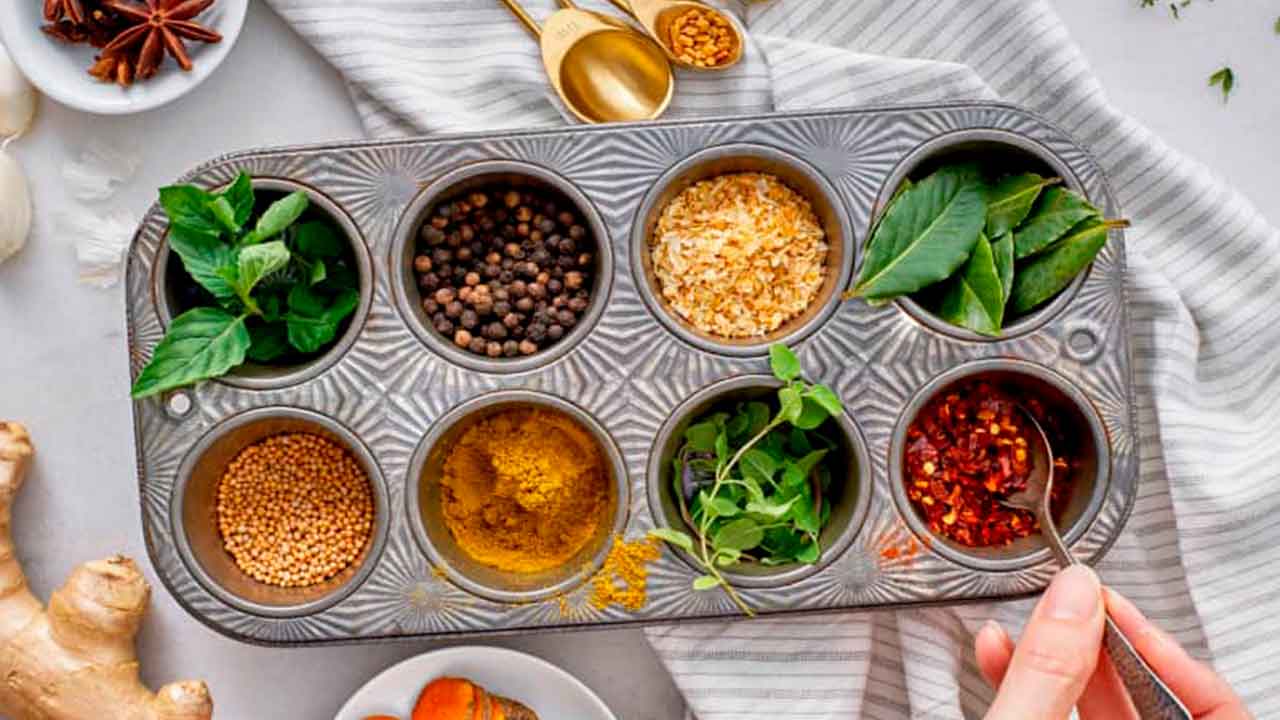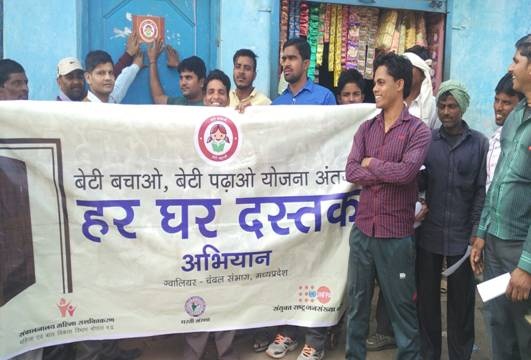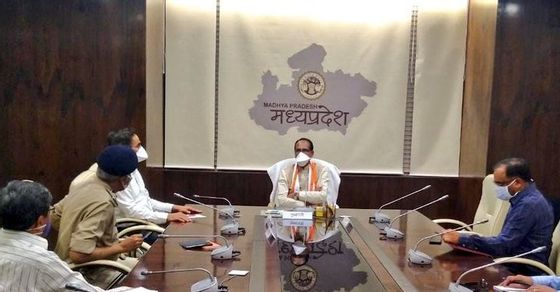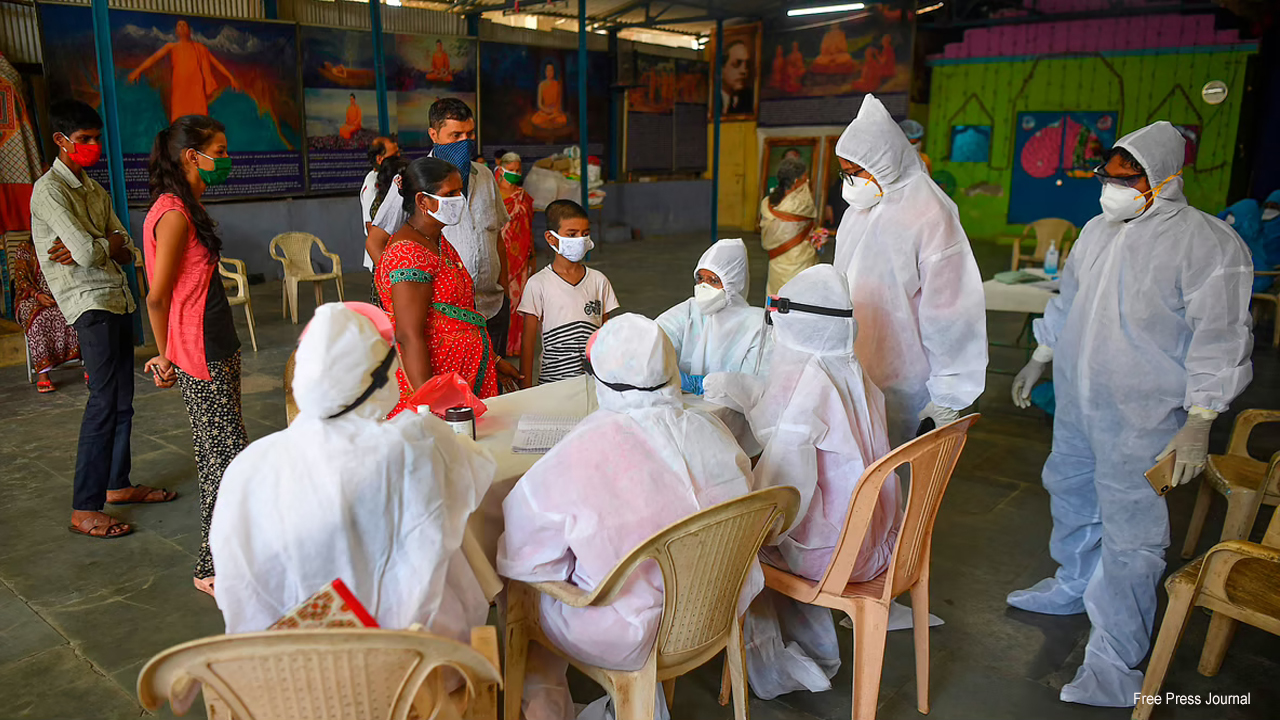Vatta, Pitta, Kapha are the three basic principles (doshas) of Ayurveda. These principles govern the nature, transformation, and structure of the body. Each of these is made up of two elements (space, air, fire, water, earth) and the specific combination of these elements determines the characteristics and nature of these doshas.
Vatta is made up of air and space and its qualities are light, subtle, moving, cold, dry, hard, and rough. Vatta oversees movement in the mind and body.
Pitta is composed of water and fire, digestion, assimilation, and metabolism of food and water into energy.
Kapha is made up of earth and water. Its qualities are heavy, binding, cold, slow, sticky, smooth. It is responsible for the density and structure of the body.
Vatta balancing diet
1. Try avoiding dry, light, cold foods (nuts and salads) and pungent, bitter, and astringent tastes.
2. Whole wheat cereals and soups are very good in pacifying Vatta.
3. Oils are good but favors olive oil, coconut oil, pumpkin oil, sesame oil.
4. Limit the consumption of bean products except for tofu, mung beans, red lentils.
5. Rice and wheat are good whole grains but can include barley, corn, millet, and rye in small amounts.
6. Can include sweeteners in moderate amounts like jaggery, honey, maple syrup, etc.
7. Cooked vegetables are recommended and not raw.
8. Hot deserts pacify vitta.
9. Don’t skip breakfast to have energy levels throughout the day.
10. Herbal teas with some digestive biscuits are good for Vatta.
11. Avoid stimulants such as coffee and alcohol.
12. Sit and sip hot water throughout the day, it will help remove toxins from the body.
13. Cardamom, cinnamon, nutmeg flavored warm milk is good if taken before bed.
Pitta balancing diet
1. Avoid oily, pungent foods and spices such as chilies, pickles, as they will exacerbate the acid in the body.
2. Seasonal fruits are good to go.
3. Avoid meat (red and white)
4. Vegetables and lentils, if cooked in little oil are good.
5. Whole grains need to be taken in moderation.
6. Can drink cooling herbal teas such as peppermint, coriander, spearmint.
7. Avoid eating too much, especially in the evenings.
Kapha balancing diet
1. Spicy Indian food cooked in little oil is best.
2. Can have hot water with lemon and ginger.
3. Favors baked grilled food in preference to boiled, deep-fried, and steamed foods.
4. Can include salads and raw food occasionally to keep up the digestive tract.
5. Avoid consuming fried foods for breakfast.
6. Limit the intake of rice, wheat, and oats. Roasting the grains in ghee before cooking aids in the proper digestion of food as roasting makes the food lighter.
7. Increase the intake of vegetables.
8. Lighter fruits are best for Kapha. One needs to lessen the intake of sour and heavy fruits like oranges, bananas, coconuts, and melons.
9. Honey is really helpful in reducing Kapha.
10. One needs to reduce the intake of salt as it helps retain water and increases Kapha.
11. Try avoiding low-fat products as they contain high amounts of sugar and are generally processed.
12. Pumpkin, sunflower seeds, almonds, and walnuts are good to eat. It will be best if they are slightly roasted and grounded.
13. Well-cooked beans are great.
Disclaimer: The content on this site is for informational purposes only, and should not be taken as professional medical advice. Always seek the guidance of your doctor or other health professionals for any questions you may have regarding your health or a medical condition.

 Vatta, Pitta, and Kapha are the three basic principles (doshas) of Ayurveda. They determine the nature, transformation, and structure of the body. Know more about their balancing diet in order to have a healthy body.
Vatta, Pitta, and Kapha are the three basic principles (doshas) of Ayurveda. They determine the nature, transformation, and structure of the body. Know more about their balancing diet in order to have a healthy body.




















.jpeg)



.jpg)




.jpg)





.jpeg)

.jpg)


